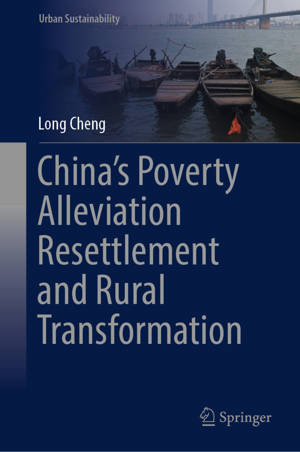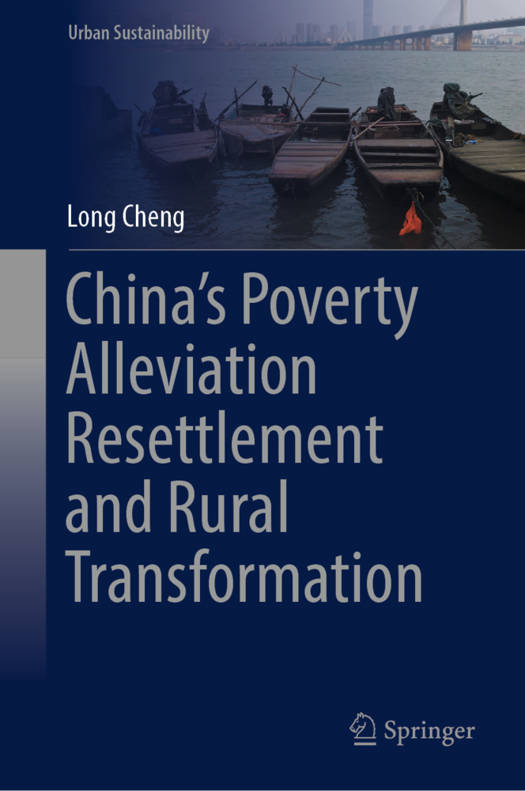
- Retrait gratuit dans votre magasin Club
- 7.000.000 titres dans notre catalogue
- Payer en toute sécurité
- Toujours un magasin près de chez vous
- Retrait gratuit dans votre magasin Club
- 7.000.0000 titres dans notre catalogue
- Payer en toute sécurité
- Toujours un magasin près de chez vous
Description
This book aims to offer a comprehensive understanding of China's Poverty Alleviation resettlement (PAR) particularly under the Link Policy, and further analysing the impacts of PAR on China's rural transformation from multiple scales (regional and individual) and perspectives (social-economic development, urban-rural interactions and landscape changes), with a combination of multiple approaches including systematic literature review, content analysis, econometrical methods, spatial analysis, Cellular Automata modelling etc. Policy suggestions will also be provided to improve farmers' sustainable livelihood and resilience coping with the changes of lifestyles due to the resettlement. This book contributes to inspiring and provoking thought among policymakers, researchers, and individuals worldwide grappling with the pressing issue of poverty and its eradication. Understanding the Chinese experience may yield valuable insights that can be adapted and applied in diverse contexts around the globe.
Spécifications
Parties prenantes
- Auteur(s) :
- Editeur:
Contenu
- Nombre de pages :
- 194
- Langue:
- Anglais
- Collection :
Caractéristiques
- EAN:
- 9789819964147
- Date de parution :
- 18-11-23
- Format:
- Livre relié
- Format numérique:
- Genaaid
- Dimensions :
- 156 mm x 234 mm
- Poids :
- 476 g







